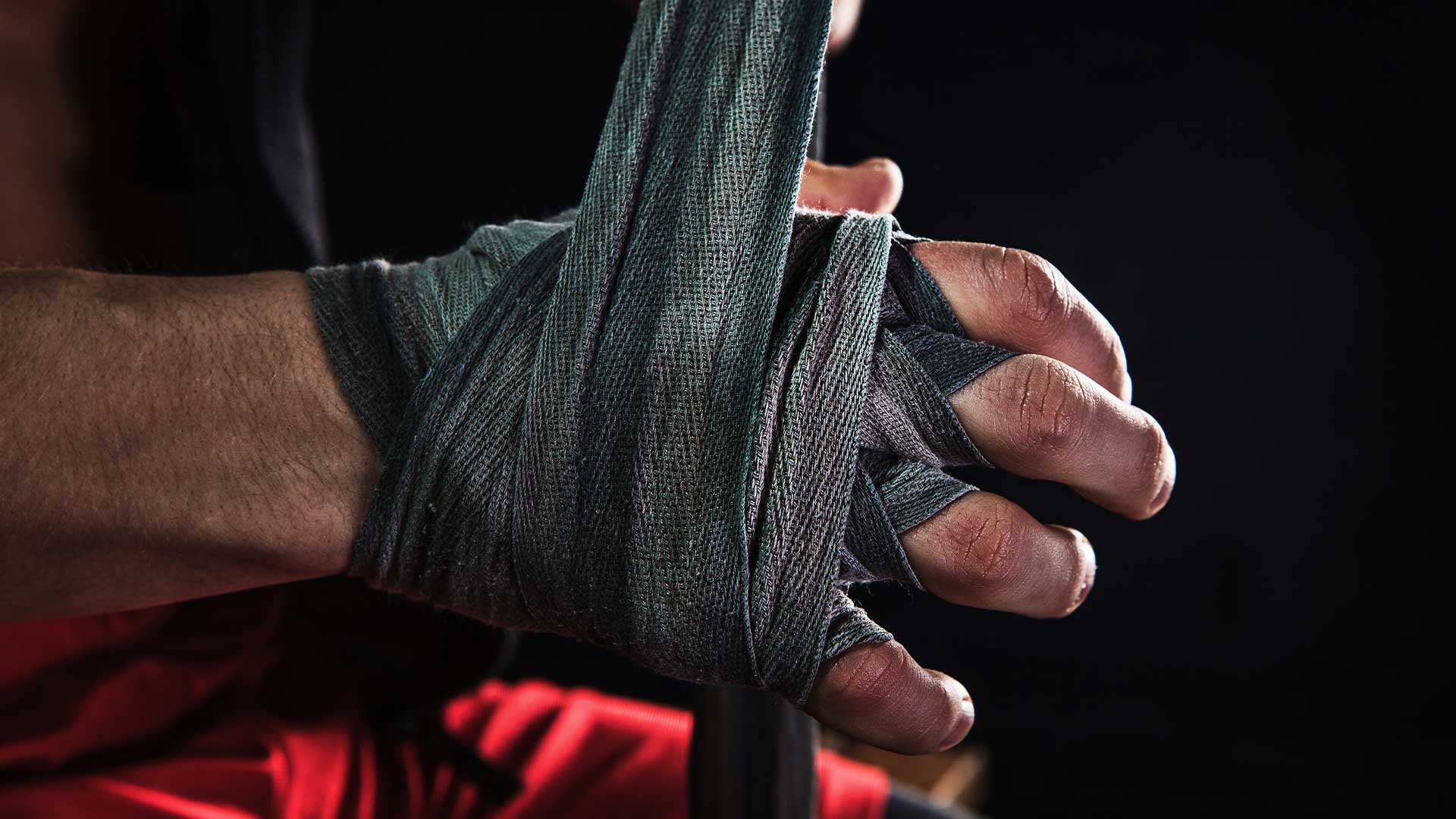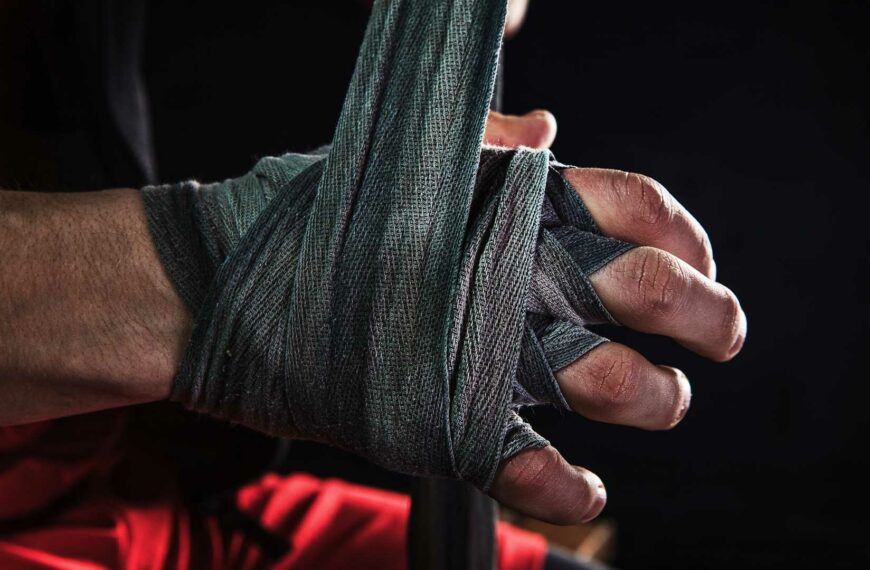What you will learn about muay thai diet plans
- The role of nutrition in muay thai training, including its impact on energy levels, performance, and weight management.
- The basics of a muay thai diet, including the macronutrient ratio and the importance of consuming real, whole foods.
- Meal planning and preparation tips for muay thai fighters, including sample meal plans and portion control strategies.
- Essential foods for muay thai fighters, such as lean proteins, complex carbohydrates, healthy fats, fruits, vegetables, and superfoods.
- Pre- and post-workout nutrition recommendations for optimal performance and muscle recovery.
- The potential benefits of supplements for muay thai fighters, but the importance of consulting with professionals.
- Weight management and cutting techniques for muay thai competitions, with emphasis on gradual changes and professional guidance.
- The importance of nutrition on rest days and for mental focus during training.
- Hydration and rehydration strategies for muay thai fighters, including signs of dehydration and recommendations for electrolyte drinks.
- The importance of individualized diet plans based on personal needs and preferences, and working with professionals for customization.
Proper nutrition is a crucial component of a successful Muay Thai training regimen. A well-balanced diet that provides the right macronutrients, essential foods, and proper hydration is essential for fueling your workouts, supporting muscle recovery, managing weight, and optimizing performance in the ring. In this article, we will explore the key elements of a Muay Thai diet plan, including meal planning and preparation, essential foods, pre- and post-workout nutrition, supplementation, weight management techniques, recovery and rest days, mental focus, mindful eating, hydration, and the importance of individualized diets.
Meal Planning and Preparation
Meal planning and preparation are essential components of a successful Muay Thai diet. By taking the time to plan your meals in advance and prepare them ahead of time, you can ensure that you have nutritious and balanced meals readily available. Here are some tips for effective meal planning and preparation:
Plan Your Meals
Start by creating a weekly meal plan that includes a variety of foods from different food groups. This will help ensure that you receive a wide range of nutrients. Include meals that are rich in carbohydrates, proteins, and healthy fats to meet your macronutrient needs.
Prep Your Ingredients
Once you have your meal plan, take some time to prep your ingredients. This can include washing and chopping fruits and vegetables, marinating meats, and cooking grains. By prepping your ingredients in advance, you can save time during the week and make it easier to throw together a healthy meal.
Cook in Bulk
Consider cooking in bulk to have meals ready for the entire week. Prepare large batches of proteins, grains, and vegetables that can be easily portioned out and stored in the refrigerator or freezer. This way, you can simply reheat and enjoy a nutritious meal without having to cook from scratch every day.
Pack Your Meals
Invest in some high-quality food containers to pack your meals for the day. Having your meals packed and ready to go will make it easier to stick to your diet, especially when you’re on the go or at the gym. Pack a variety of snacks, such as nuts, fruits, or protein bars, to keep your energy levels up throughout the day.
Essential Foods for Muay Thai Fighters
To optimize your performance and recovery in Muay Thai, it’s important to include certain foods in your diet. These foods provide the necessary nutrients to fuel your workouts, support muscle repair, and enhance overall health. Here are some essential foods for Muay Thai fighters:
Lean Proteins
Lean proteins are essential for muscle repair and growth. Include sources such as chicken, turkey, fish, tofu, eggs, and Greek yogurt in your diet. Aim to consume protein with every meal to meet your daily needs.
Complex Carbohydrates
Complex carbohydrates provide sustained energy for your training sessions and fights. Include foods such as brown rice, quinoa, whole wheat bread, and sweet potatoes in your meals. These foods are rich in fiber and essential nutrients.
Healthy Fats
Healthy fats are important for overall health and provide lasting energy. Include foods such as avocados, nuts, seeds, olive oil, and fatty fish like salmon in your diet. These fats can help reduce inflammation and support brain function.
Fruits and Vegetables
Fruits and vegetables are packed with essential vitamins, minerals, and antioxidants. Include a variety of colorful fruits and vegetables in your meals to support overall health and aid in recovery.
Hydration
Hydration is crucial for optimal performance in Muay Thai. Drink plenty of water throughout the day to stay hydrated. Consider adding electrolytes to your water during intense training sessions to replenish lost minerals.
Pre- and Post-Workout Nutrition
Fueling your body properly before and after workouts is essential for performance and recovery. Here are some guidelines for pre- and post-workout nutrition:
Pre-Workout Nutrition
Before a training session or fight, aim to consume a meal or snack that contains both carbohydrates and protein. This combination will provide energy and support muscle repair. Examples of pre-workout meals include a banana with peanut butter, Greek yogurt with berries, or a chicken and vegetable stir-fry with brown rice.
Post-Workout Nutrition
After a training session, it’s important to replenish your energy stores and support muscle recovery. Consume a meal or snack within 30 to 60 minutes after your workout that contains both carbohydrates and protein. Examples of post-workout meals include a protein shake with a banana, grilled chicken with quinoa and vegetables, or a tuna salad sandwich on whole wheat bread.
Supplementation
While a well-balanced diet should provide most of the nutrients you need, certain supplements can be beneficial for Muay Thai fighters. However, it’s important to consult with a healthcare professional or sports nutritionist before starting any new supplements. Some commonly used supplements for fighters include:
Protein Powder
Protein powder can be a convenient way to increase your protein intake, especially if you struggle to meet your daily needs through food alone. Look for high-quality protein powders that are free from artificial additives.
Omega-3 Fatty Acids
Omega-3 fatty acids have been shown to have anti-inflammatory properties and support brain health. Consider taking a fish oil or algae-based omega-3 supplement to ensure you’re getting an adequate amount of these essential fats.
Vitamin D
Vitamin D plays a role in immune function, bone health, and muscle recovery. If you live in a location with limited sunlight or have low vitamin D levels, consider taking a vitamin D supplement.
Weight Management Techniques
Maintaining a healthy weight is important for Muay Thai fighters, especially when preparing for competitions. Here are some weight management techniques to consider:
Portion Control
Monitoring portion sizes can help you manage your weight while still providing your body with the necessary nutrients. Use measuring cups or a food scale to ensure you’re consuming appropriate portions of each food group.
Balanced Caloric Intake
To maintain or lose weight, it’s important to consume a balanced amount of calories. Determine your daily caloric needs based on your activity level and goals. Consult with a healthcare professional or sports nutritionist to determine the appropriate caloric intake for you.
Timing of Meals
Consider the timing of your meals and snacks to support weight management. Some individuals find success with intermittent fasting or consuming smaller, more frequent meals throughout the day. Experiment with different eating patterns to find what works best for you.
Recovery and Rest Days
Recovery and rest days are crucial for allowing your body to repair and rebuild after intense training sessions. Here are some tips for optimizing your recovery and rest days:
Proper Sleep
Getting enough quality sleep is essential for recovery. Aim for 7 to 9 hours of uninterrupted sleep each night. Create a relaxing bedtime routine and ensure your sleeping environment is cool, dark, and quiet.
Active Recovery
Engage in light physical activity on your rest days to promote blood flow and aid in recovery. This can include activities such as walking, yoga, or stretching.
Foam Rolling and Stretching
Incorporate foam rolling and stretching into your routine to help relieve muscle tension and improve flexibility. This can aid in recovery and help prevent injuries.
Mental Focus and Mindful Eating
In addition to physical training and nutrition, mental focus plays a crucial role in Muay Thai. Practicing mindfulness and mindful eating can help you stay focused and make healthy food choices. Here are some tips:
Practice Mindfulness
Incorporate mindfulness techniques into your daily routine to stay focused and present. This can include meditation, deep breathing exercises, or visualization techniques.
Eat Mindfully
Pay attention to your body’s hunger and fullness cues when eating. Slow down and savor each bite, focusing on the taste and texture of the food. This can help prevent overeating and promote a healthier relationship with food.
Case Study: How Proper Nutrition Transformed John’s Muay Thai Journey
John, a passionate Muay Thai fighter, was struggling to reach his full potential in the sport. Despite his dedication to training and countless hours spent in the gym, he found himself constantly fatigued, lacking energy, and struggling to recover from intense workouts. Frustrated with his performance, John decided to seek guidance from a sports nutritionist to see if his diet was holding him back.
Upon consultation, the nutritionist analyzed John’s current eating habits and quickly identified several areas for improvement. John’s diet was lacking in essential macronutrients, with an overemphasis on processed foods and insufficient intake of whole, nutrient-dense options. The nutritionist created a personalized meal plan that focused on providing adequate carbohydrates, protein, and healthy fats to fuel John’s training and aid in muscle recovery.
With the new meal plan in hand, John began incorporating lean proteins like chicken and fish, complex carbohydrates such as brown rice and quinoa, and healthy fats like avocado and nuts into his daily meals. He also made a conscious effort to include a variety of fruits and vegetables for added vitamins, minerals, and antioxidants. Additionally, he started incorporating superfoods like chia seeds, turmeric, and ginger into his diet to further enhance his overall health and performance.
Within weeks of following the nutritionist’s recommendations, John noticed a significant improvement in his energy levels and overall performance. He was able to train longer and more intensely without feeling fatigued, and his recovery time after workouts was noticeably reduced. John’s improved nutrition not only gave him the physical stamina needed for training but also enhanced his mental focus during fights, allowing him to make quick, strategic decisions in the ring.
Inspired by his progress, John continued to prioritize his nutrition, even on rest days. He understood the importance of proper nutrition for muscle repair and recovery, so he made sure to fuel his body with nutritious meals and snacks that supported rest and rejuvenation.
Through his journey, John learned the power of nutrition in optimizing his Muay Thai performance. Properly fueling his body with the right nutrients not only transformed his physical capabilities but also positively impacted his mental focus and overall well-being. John now encourages other fighters to prioritize their nutrition and seek professional guidance to create a personalized meal plan that aligns with their individual needs and goals. By doing so, they too can experience the transformative benefits of a well-rounded diet in their Muay Thai journey.
Hydration and Rehydration
Proper hydration is crucial for optimal performance in Muay Thai. Here are some tips for staying hydrated and rehydrating after intense training sessions:
Drink Water Throughout the Day
Make sure to drink enough water throughout the day to stay hydrated. Carry a water bottle with you and sip on it regularly. Aim to consume at least 8 cups (64 ounces) of water daily, but adjust based on your individual needs.
Rehydrate After Training
After intense training sessions, it’s important to replenish lost fluids and electrolytes. Consider drinking a sports drink or coconut water that contains electrolytes to aid in rehydration.
Individualized Diets
It’s important to recognize that each individual is unique and may have different nutritional needs. Working with a healthcare professional or sports nutritionist can help you create an individualized meal plan that takes into account your specific goals, dietary restrictions, and preferences. They can provide personalized guidance and support to help you optimize your nutrition for Muay Thai.
Conclusion
In conclusion, a well-planned and balanced diet is essential for Muay Thai fighters to optimize their performance in the ring. By following a strategic Muay Thai diet plan that includes the right macronutrients, essential foods, and proper hydration, fighters can fuel their training, support muscle recovery, manage their weight
FAQ
Question: What is a muay thai diet plan?
Answer: A muay thai diet plan is a nutrition guide tailored for optimal performance in this martial art.
Question: Who should follow a muay thai diet plan?
Answer: Anyone practicing muay thai can benefit from following a specific diet plan to fuel their training.
Question: How does a muay thai diet plan help performance?
Answer: A muay thai diet plan provides the necessary nutrients to enhance energy levels, endurance, and muscle recovery.
Question: What should I include in a muay thai diet plan?
Answer: A muay thai diet plan should include lean proteins, complex carbohydrates, healthy fats, and plenty of fruits and vegetables.
Question: How can I stick to a muay thai diet plan?
Answer: Planning meals in advance, meal prepping, and staying consistent with healthy eating habits can help you stick to the plan.
Question: What if I don’t see results with a muay thai diet plan?
Answer: It’s important to remember that results may vary, but a proper diet plan can still contribute to overall health and fitness.








